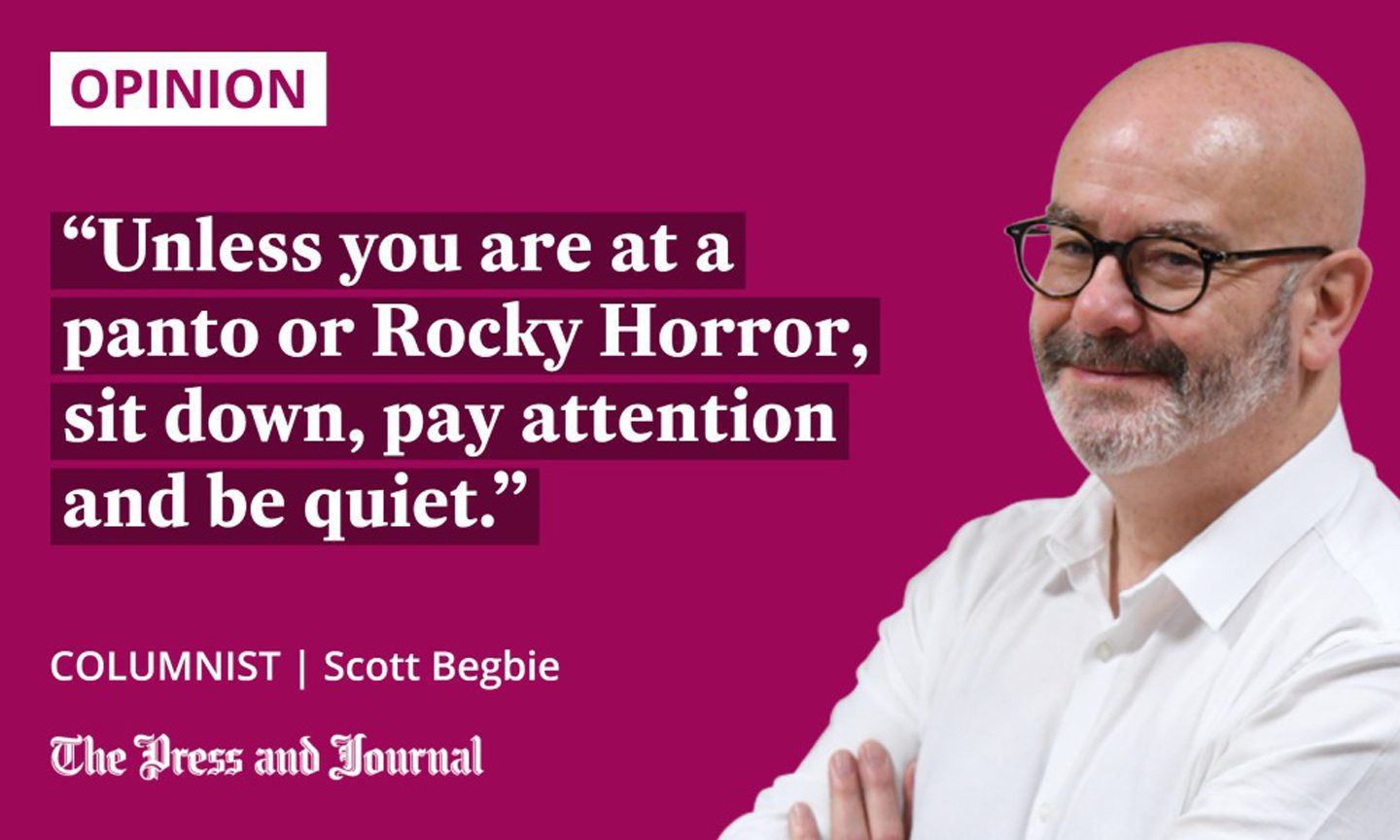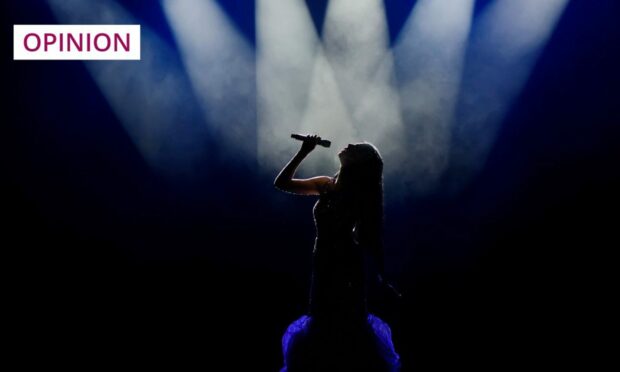Oh, for the days when the extent of bad behaviour in a theatre was someone constantly shoogling their box of Maltesers in the seat behind – and could be stopped with a loud tut.
These days, some places need riot police to turf out yobs singing over the cast of The Bodyguard, then getting punchy when asked to cut it out.
The scenes in Manchester last week were disgusting, with people oxtered out for trying to drown out Melody Thornton with their own version of I Will Always Love You. Then the whole show was abandoned 10 minutes before the end because of mini-riots and fist fights breaking out.
Sadly, it’s not an isolated case. Edinburgh’s Playhouse saw a brawl break out during The Jersey Boys, and actors often tell of people talking, shouting out or singing over their performances as they tour the UK.
None of that is big or clever. And it doesn’t help when you get the likes of Vanessa Feltz mouthing off on national TV about having a right to sing along to your favourite songs in a theatre. Eh, no you don’t.

And there’s the nub of the matter. “It’s my right… I’ve paid for my ticket, so I can do what I want.” Eh, no you can’t.
Too many people are quick to demand their rights but slow to accept their responsibilities. And the people demanding respect are the very ones who will not give it.
The performers on that stage are skilled professionals doing a job – entertaining you. They have trained for years to be there, so the least you can do is sit back and let them get on with it.
Trust me, they know how to act that part and sing those songs a damn sight better than anyone in the audience. Show them respect.
It’s not karaoke
As for paying for your ticket, so did everyone else sitting around you. And they have paid to enjoy watching performers like Melody Thornton knocking Whitney classics out the park. They don’t need some prosecco-fuelled, entitled halfwit thinking they’re more entertaining.
Unless you are at a panto or Rocky Horror, sit down, pay attention and be quiet – that way you, and everyone around you, will enjoy the show. If you want a sing-along, go to the local karaoke bar.
Watch the moment two audiences members were removed from a theatre performance of The Bodyguard.
The duo were reportedly 'singing over' the lead actor and the show ended 10 minutes early 👇🎭 pic.twitter.com/LmLlqsyIY4
— Sky News (@SkyNews) April 9, 2023
One good thing to come out of the shameful Manchester episode is the current national debate about people forgetting how to behave in public. Hopefully the troublemakers will take a tumble to themselves.
Thankfully, in all the times I have been in His Majesty’s, I have never witnessed such scenes. Aberdeen audiences are renowned for being appreciative but reserved – sometimes they don’t stand up and clap along, even when the folk on stage are urging them to let rip for the finale.
So, I have little doubt when The Bodyguard arrives at HMT in May, everyone will have a night to remember for all the right reasons. Please, just don’t shoogle your Maltesers.
Scott Begbie is a former journalist and editor for The Press & Journal and Evening Express

Conversation